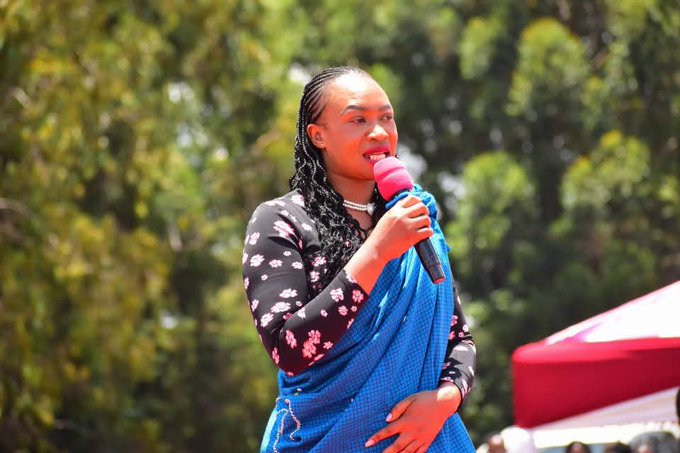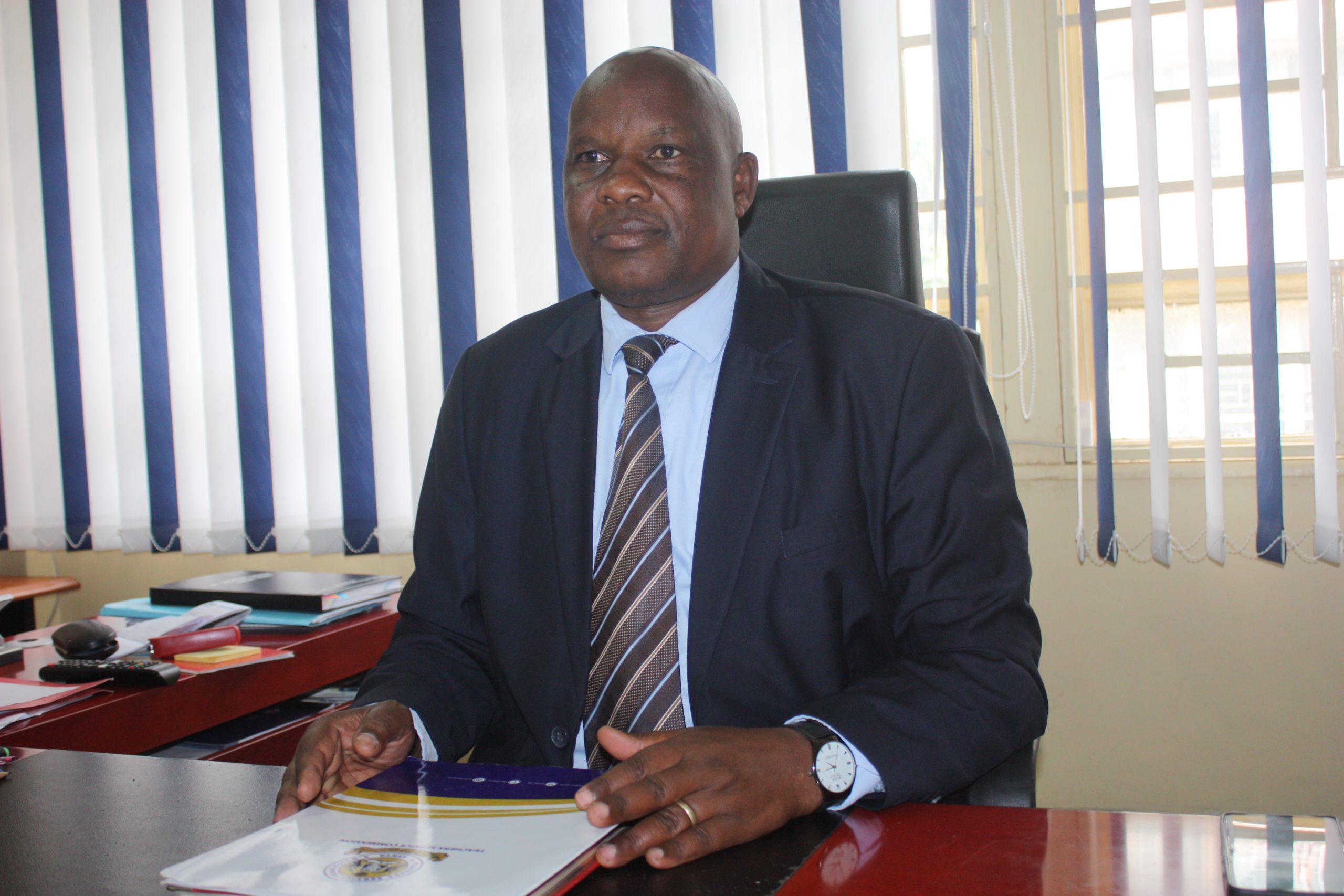Principals of secondary schools are content to have primary school head teachers running Junior Secondary School (JSS), a recent survey has revealed.
The revelations are contained in the Training Needs Assessment (TNA) report on ‘strengthening the capacity of school leaders to effectively lead implementation of Competency Based Curriculum in Junior Secondary School (JSS)’ of March 2023.
VVOB, a non-governmental organization (NGO) dealing with education for development and Kenya Education Management Institute (KEMI), found that public secondary school principals would rather the JSS remained in primary school.
The average reason they give is that the primary school heads are better prepared to handle the Competency-Based Curriculum (CBC) at JSS than themselves.
The report was prepared within the Development Cooperation Framework between the Ministry of Education (MoE), KEMI and VVOB, which jointly implement the programme dubbed ‘Implementing National Curriculum Reforms Through App-Based Learning for School Leaders in Secondary Education’ (INCREASE).
App-Based Learning refers to a type of educational approach where school leaders use mobile applications (apps) as the primary tool for acquiring knowledge and skills.
The study sought the views of the head of institutions (HoIs) and their deputies in both primary and secondary schools, referred to as school leaders, on their readiness to lead curriculum implementation at JSS.
According to the findings, more primary school leaders agreed that they were ready to mentor and support teachers on CBC career pathways at 20.7 per cent, Competency-Based Assessment (CBA) stood at 25.4 per cent, and Competency-Based Curriculum Framework (CBCF) at 25.8 per cent.
This is in sharp contrast to secondary school leaders, who showed readiness to mentor and support teachers in CBC career pathways at 10.1 per cent, CBA at 7.9 per cent, and CBCF at 9.0 per cent.
However, past records tell a different story. Kenya Union of Post Primary Education Teachers (KUPPET), an outfit hugely associated with secondary schools, faulted the Presidential Working Party on Education Reforms (PWPER) for domiciling JSS in primary schools.
KUPPET cited lack of teachers to manage Grade 7, inadequate books for learners, additional levies charged by schools, low capitation funds, unclear teacher management, and confusion that has marred the transition. It summarily charged that there was no learning taking place at the level.
The study further showed that school heads are not ready to lead curriculum implementation on junior secondary education, majority of them ‘disagreeing’ on their capacity to mentor and support teachers in their school on CBC components.
This included CBC and Competency-based Assessment (CBA) frameworks, career pathways, interpretation of curriculum designs, core values, core competencies, learner-centered approaches, Information Communication Technology (ICT) integration, pertinent and contemporary issues, and value-based education.
More secondary school leaders (34.7 per cent) compared to primary school leaders (21.5 per cent) said they had no the capacity to mentor and support teachers on CBC components.
Nevertheless, the report shows that slightly more primary school leaders (49.2 per cent) ‘strongly disagree’ that they have the capacity to mentor and support teachers on CBC components than secondary school leaders at 48.0 per cent.
One school leader expressed concern over assessment methodologies, with another expressing concern over their ability to effectively manage learners living with disabilities in school, blaming this on the limited knowledge on the curriculum reform.
“We fear that our learners will be confined to certain pathways instead of getting the full selection of pathways like those in regular schools,” said one of the school leaders in one of the public day mixed Special Needs Education centre.
Majority of the primary leaders, at 53.9 per cent, and secondary at 56.7 per cent, ‘strongly disagree’ that they are ready to mentor and support teachers on interpretation of curriculum designs.
However, more primary school leaders (34.8 per cent) compared to secondary (19.9 per cent), ‘agree’ that they are ready to mentor and support teachers on interpretation of curriculum designs.
23.5 per cent of their counterparts in secondary schools ‘disagree’ that they have the ability to mentor and support teachers on interpretation of curriculum designs, mentioning the need to be trained on CBC.
“The majority of the primary school leaders strongly disagreed on their readiness to mentor and support teachers on value-based education at 59 per cent, and pertinent and contemporary issues at 59.4 per cent. Most school leaders, 61.7 per cent, disagreed on their readiness to mentor and support teachers on CBC’s core values,” read the report findings in part.
Another 59.6 per cent of the school leaders ‘strongly disagree’ on their ability to mentor and support teachers on pertinent and contemporary issues, with few secondary school leaders, 10.5 per cent, agreeing on their readiness to mentor and support teachers on CBC’s Core Competencies.
By Education News reporter
Get more stories from our website: Education News
To write to us or offer feedback, you can reach us at: editor@educationnews.co.ke
You can also follow our social media pages on Twitter: Education News KE and Facebook: Education News Newspaper for timely updates.
>>> Click here to stay up-to-date with trending regional stories






